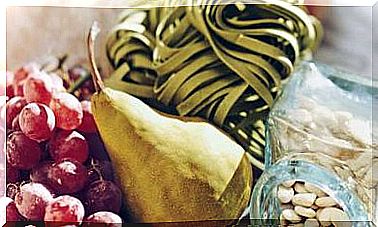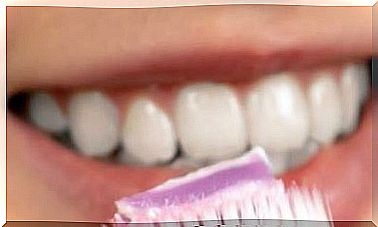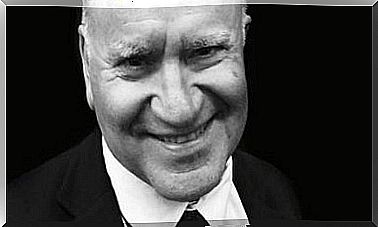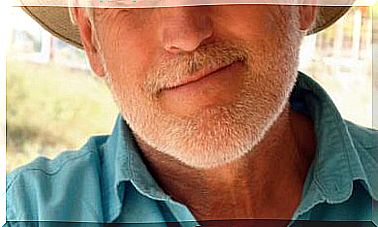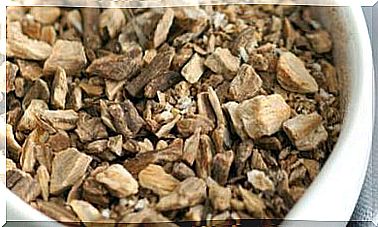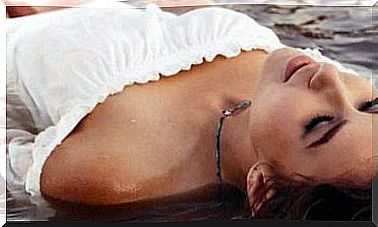More Than Brushing Your Teeth, Check Your Diet
Do you follow proper dental hygiene and still have cavities? The answer lies in excess glucose that boycotts the natural mechanism that keeps your teeth strong.

There are more and more dentists, more dental clinics, more sophisticated toothpastes, more designer brushes, electric, rotating, jet … And there are more and more cavities !
Despite professional advicethere is no way to avoid cavities. We have no choice but to sit in the dentist’s chair to drill and fill. And do it again a few years later, until the piece no longer gives more of itself and falls or they have to remove it.
As in other cases, this nonsense of conventional medicine is based on a mistaken conception, that the teeth cannot cope with the voracious bacteria, which are the ones that form the dental plaque thatdestroys enamel and causes cavities.
This was the hypothesis of the American dentist Willoughby D. Miller more than a century ago: “Our body does not have its own defense mechanisms, it is not capable of recovering health without the help of a medical professional”.
Oral hygiene is not enough
Years after this hypothesis by Miller, several doctors and dentists, tired of feeling powerless in the face of the inexorable appearance of new cavities in their patients – no matter how many daily brushings were done – discovered that the members ofmany towns, thatThey never brushed their teeth or went to the dentist,They had perfect teeth, with exceptional decayed pieces that even the oldest ones kept.
After many observations and studies they came to the conclusion that their excellent dental health was related to their natural diet ; that is, with a diet without sugar or refined flours, or any other industrially processed food.
What’s more, they found that when these peoples adopted our typical western and modern foods, with abundant sweets and refined carbohydrates, their teeth would fill with cavities and they began to lose pieces!
Unanswered questions from science
At the same time, as the knowledge of biology, biochemistry and immunology progressed , the theory that our teeth are like pieces of dead tissue at the mercy of the bacteria in the mouth became more and more ridiculous.
If our body has an efficient immune system that protects us from the most virulent pathogenic microorganisms, how is it possible that our teeth, made of the hardest material in our body, can be pierced by ordinary bacteria? How do you explain that archaeologists find teeth in perfect condition of our hominid ancestors, buried millions of years ago, and in our mouth they do not last unscathed more than a few years?
Scientific progress made it increasingly clear, on the other hand, that the oral microbiome is extremely complex and is made up mainly of millions of beneficial bacteria and antibiotic, anti-inflammatory, protective and remineralizing substances contained in our saliva.
However, it took until the end of the 20th century to find answers: several scientists began to glimpse what were the true physiological mechanisms that keep our teeth in perfect health.
How do cavities start?
In the 1990s, Drs Ralph R. Steinman, professor of Oral Medicine, and John Leonora, endocrinologist, both from Loma Linda University in California, identifiedthecascade of hormones that controls the health of the teeth.
Hormones control the functioning of all the organs in our body and most of them do so through a cascade of reactions that usually originate in the hypothalamus, a brain gland that secretes hormones, such as vasopressin or oxytocin.
The process begins with the parotid hormone that the hypothalamus secretes and that, when it reaches the parotid glands of our oral cavity, stimulates them to secrete a new hormone: parotin.
Parotin is responsible for stimulating the odontoblasts on the outer edge of the dental pulp, so that they secrete the dentinal fluid that circulates through the dentin tubules. It is also responsible for keeping teeth alive, mineralized and rich in immune cells that protect dental tissue from potential pathogens, to keep them safe from cavities.
But Steinman and Leonora observed that, in the face of excess glucose in the blood, the secretion of parotid hormone from the hypothalamus is blocked.
By not receiving this hormone, the parotid glands stop secreting the parotin hormone, which inhibits the secretion of dentinal fluid from the odontoblasts. The dentin, without its supply of nutrients, begins to denature and become devitalized. If the process is prolonged, the dentinal tissue begins to necrotize and becomes a dead tissue where bacteria go to metabolize it. It is what generates cavities.
Hence, the excessive intake of sugar and products made with refined flours causes the appearance of cavities. It is because of the interruption of the hormonal cascade and not because the bacteria in dental plaque are fattened.
Teeth are not a dead inorganic tissue vulnerable to voracious bacteria, but rather, like bones, constitute a living organic tissue, in constant renewal and through which a nutrient fluid derived from blood plasma circulates. It is the one that reaches the dental pulp.


